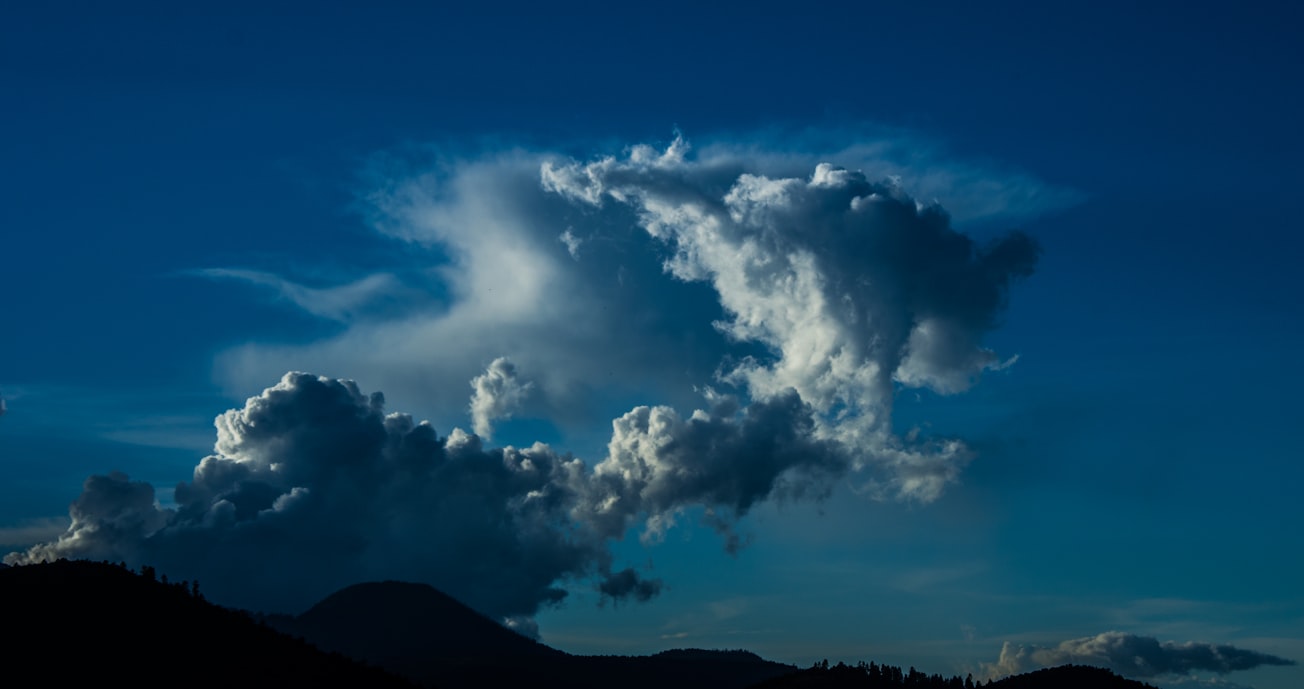What is it about?
At first an overview on ecosystem changes by natural forces (e. g. volcanism, drifting continents, weathering, evolution of life) and human impact (e. g. agriculture, mining, manufacturing, growth) is given. The resulting effects on soils, glaciers, ground- and surface waters, shores, oceans, atmosphere, plants, animals and humans are presented. Then some reasons having caused the environmental crisis are pointed out. Finally proposals are made, how to solve the problems.
Featured Image

Photo by NOAA on Unsplash
Why is it important?
The motivation to write the book was the recognition of the huge side effects resulting from scientific, technical and medical progress as well as economic growth, which effected the risk society, biodiversity loss, critical loadings of ecosystem services and the menace of transgreding tipping points. The reader will better understand his and the societies responsibility for the general consequences for reach, dimensions, speed and momentum of ecosystem deterioration. The book aimes at realising geoethics and promoting the dissemination of this important conception.
Perspectives
Innumerable sources of mineral commodities have been exploited; but circular economy is still in an early developmental stage and only few safe and stable sinks for poisons, hazardous substances, waste and outdated products have been created. Fact is that also green energy concepts cannot work without more resources (e. g. catalysts, rare earth elements). Humankind faces peak phosphorus and spreading zones of groundwater depletion; ca. 10 billion persons must be nourished in 2050. These problems can only be solved timely by a huge input of globally concerted reasonableness, considerateness, sensibility and positive creativity.
Hubert Engelbrecht
Read the Original
This page is a summary of: 250 Years of Industrial Consumption and Transformation of Nature: Impacts on Global Ecosystems and Life, December 2017, Bentham Science Publishers,
DOI: 10.2174/97816810860191170101.
You can read the full text:
Resources
Contributors
The following have contributed to this page







